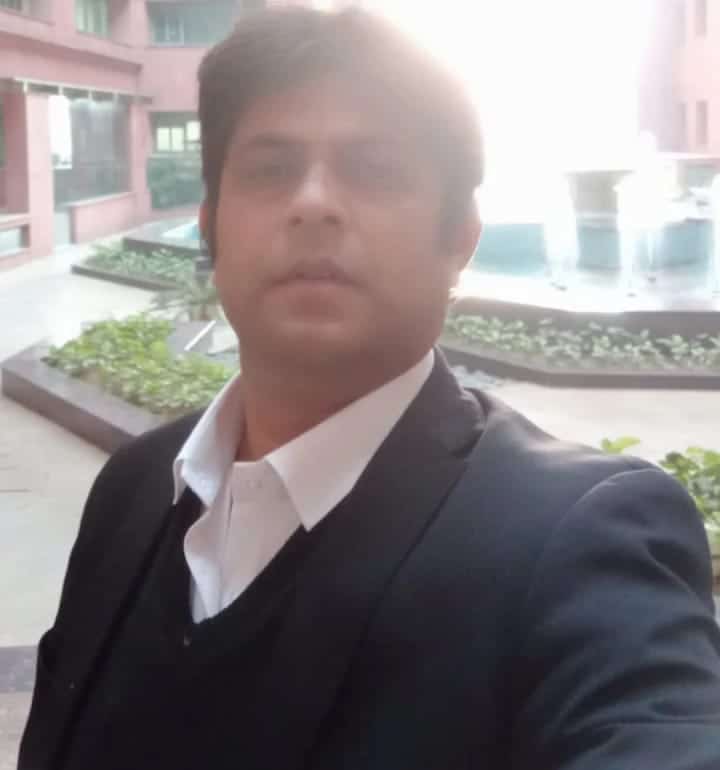Special Leave Petitions/Review Petition in the Supreme Court of India
Special Leave Petitions/Review Petition in the Supreme Court of India
Special Leave Petitions are filed under Article 136 of the constitution of india.
Thank you for reading this post, don't forget to subscribe!
After the dismissal of a Special Leave Petition or an Appeal , either party can file a review petition before the Supreme Court which will be circulated in chamber of the same judges who passed the Order of dismissal. Review Petitions are governed by Article 137 of the constitution of india. The Dispute of Arbitration
(Opens in a new browser tab)
The Supreme Court of India is the apex court in the country, with the power to hear and decide on a wide range of cases, including civil, criminal, and constitutional matters. As the final court of appeal, its decisions are binding on all lower courts in the country. However, in certain circumstances, a party may seek to challenge the decision of the Supreme Court through special leave petitions or review petitions. File transfer petition in the supreme court of India
(Opens in a new browser tab)
A Special Leave Petition (SLP) is a mechanism that allows a party to appeal to the Supreme Court against an order or judgment passed by any court or tribunal in the country. It is a discretionary power vested in the Supreme Court and can only be exercised in exceptional cases where the matter involves a substantial question of law or a grave injustice has been done. In other words, it is not an automatic right to appeal, and the court will only grant leave to appeal if it deems fit. FAMILY LAW EXPERTS SINCE 1975
(Opens in a new browser tab)
To file an SLP, the petitioner must first obtain a certificate of fitness from the lower court, which certifies that the matter involves a substantial question of law or a grave injustice has been done. The petitioner must then file the SLP within 90 days from the date of the judgment or order against which the appeal is being made. The Supreme Court may either grant or reject the SLP, and if granted, it may hear the appeal on its merits or dismiss it. Review Petition-Essentials
(Opens in a new browser tab)
A Review Petition, on the other hand, is a mechanism that allows a party to challenge the decision of the Supreme Court itself. It is based on the principle that the Supreme Court, like any other court, is not infallible and may make errors in its judgments or orders. A review petition can only be filed on certain limited grounds, such as a mistake of law or fact or a violation of natural justice. Arbitration Lawyer in Kolkata
To file a review petition, the petitioner must do so within 30 days from the date of the judgment or order of the Supreme Court. The review petition is then heard by the same bench that passed the original judgment or order, and it may either confirm or reverse its earlier decision.
It is important to note that both SLPs and review petitions are not a substitute for an appeal. They are only available in limited circumstances and do not give a party an automatic right to have its case reheard. Moreover, the Supreme Court may reject an SLP or review petition without giving any reasons for its decision.
In conclusion, special leave petitions and review petitions are important mechanisms for challenging the decisions of lower courts and the Supreme Court of India. However, they are discretionary powers and should only be used in exceptional cases where the matter involves a substantial question of law or a grave injustice has been done. It is important for parties to understand the limitations and requirements of these mechanisms before filing them to avoid unnecessary delays and expenses.
Tapan Choudhury,
Advocate,
Mob- 9873628941
Email ID tapsash@gmail.com
